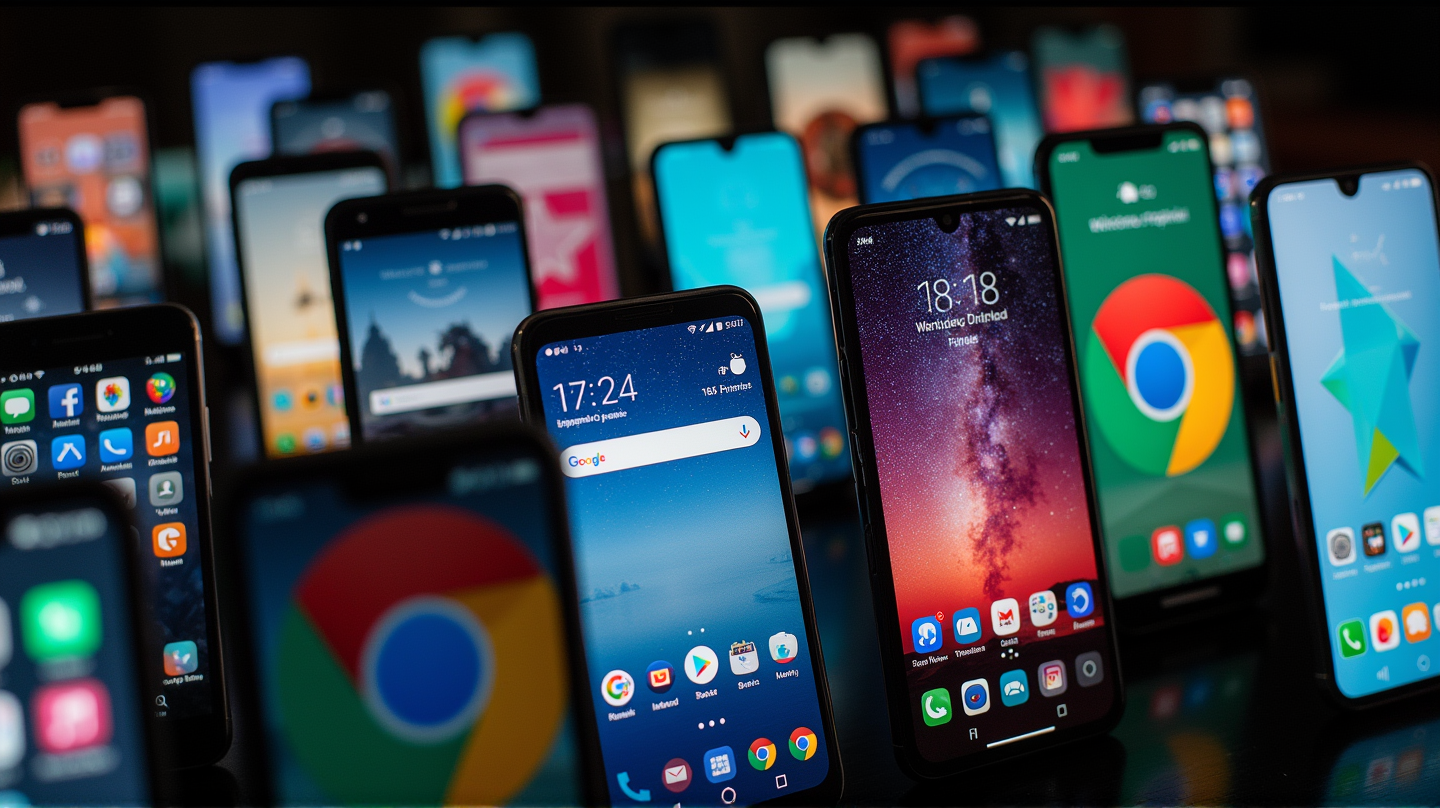Millions of users globally might find themselves facing a decision between upgrading their phones or seeking alternative browsing options beginning August 2025. In an impactful shift towards better security and performance, Google Chrome is set to drop support for Android 7.1 (Nougat) and earlier, reflecting its alignment with the latest web technologies.
Security Overhaul: Why This Change?
“Older versions of Android lack the security architecture necessary to support the latest web technologies,” a Google engineer articulated in an update on the Chromium project. By forgoing support for legacy Android devices, Google aims to harness the advanced security protocols of newer OS versions, enhancing browser stability and safeguarding users from emerging cyber threats.
The Impact on Legacy Devices
The cessation of support will primarily impact devices such as the Samsung Galaxy S6 and earlier models, Huawei P9 Lite, and older devices from Tecno, Infinix, HTC, LG, and Sony. These devices, often running on Android versions released before 2018, will find themselves stranded with older Chrome versions that no longer receive critical updates or security patches.
A Necessary Call to Action
Google is urging users operating outdated devices to consider upgrading to newer models with Android 8.0 (Oreo) or higher. While other web browsers might still support these older systems, this could serve as only a temporary workaround in a landscape swiftly evolving towards enhanced digital security and performance.
Transition Recommendations
Beyond mere functionality improvements, stopping updates for Chrome on older devices could significantly elevate users’ vulnerability to cyber threats. As Google highlights the risks, users are advised to export bookmarks and passwords to prevent data loss before considering a shift to new devices or browsers.
A Look Ahead
As technology advances, the onus is on users to adapt quickly to safer, modern infrastructures. According to The Eastleigh Voice, Google’s proactive step serves as a call to remember that upgrading technology often equals fortifying security measures. The question remains—will you adapt or be left behind?
